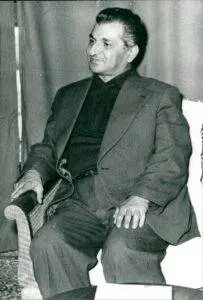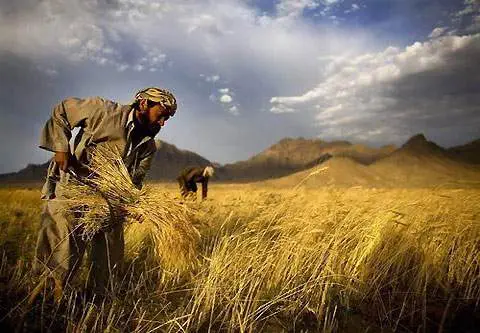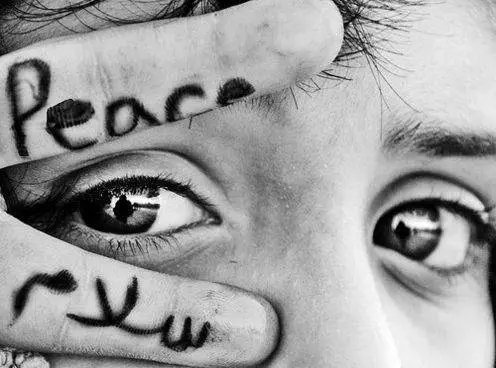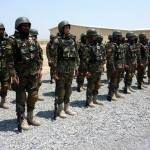I have made this a three-part write up on Afghanistan. This is a brief history of the region. Afghanistan seems to have historical events repeating very quickly and that needs to be highlighted. I hope its future is not going to be a repeat of its immediate past. Remember that this is not a region that has oil or any significant natural resources.
In 1979 I happened to be with two Afghan army officers who had come to Pachmahri in Madhya Pradesh, to do a course in English. At lunch they received letters from the Babrak Karmal government announcing a new regime, a glorious one. I do not know what happened to these officers, but one is uncomfortable to know that the seat of power had shifted in your home land. An uncertain future lay ahead of them. This was the closest I got to Afghan history!
The British installed Shah Sujah, who was assassinated in 1842. This was also when the British were massacred when retreating from Kabul. They regained power after the Second Afghan War and by treaty got control of Afghanistan’s foreign affairs. In 1919 Amanullah Khan declares independence from the British. He was a progressive monarch, but neither his kinsmen nor the British allowed him any peace. He tried to reform the Afghan society which was resisted and he fled in the midst of civil unrest. He was followed by Zahir Khan who ruled for 40 years till 1943, when General Mohammad Daud his then former Prime Minister seizes power after a coup. By then the Soviets and Western powers were both vying for a piece if not the whole of Afghanistan.
In 1978 General Daud was overthrown and killed in a Soviet backed coup and Babrak Karmal was installed as the ruler in 1980. Karmal was preceded by Hafizullah Amin and Nur Mohamad Taraki.

Babrak Karmal
Babrak Karmal was a Marxist and a leading member of Peoples Democratic Party of Afghanistan (PDPA). The PDPA split into two, the Parcham and Khalq. Babarak Karmal led the Parchamite faction, which was responsible for General Daud’s rise to power. Karmals policies were not popular and the Soviets under Mikhail Gobachev exiled him to Moscow and replaced him with Mohammad Najibullah.
Najibullah was overthrown by General Abdul Rashid Dostum, ironically with the help of Karmal. Dostum who started out as a pro Soviet fighter finally joined the mujahedeen to help in the recapture of Kabul and oust the Soviets. He is considered to be the leader of Afghanistan’s Uzabek community. He largely remained the head of the Afghan Army. By 1997, the Taliban take control of Afghanistan. The Taliban was opposed by Ahmad Shah Masood of the Northern Alliance, who was assassinated in 2001. In the same year US led anti-Taliban Northern Alliance captures Kabul.







